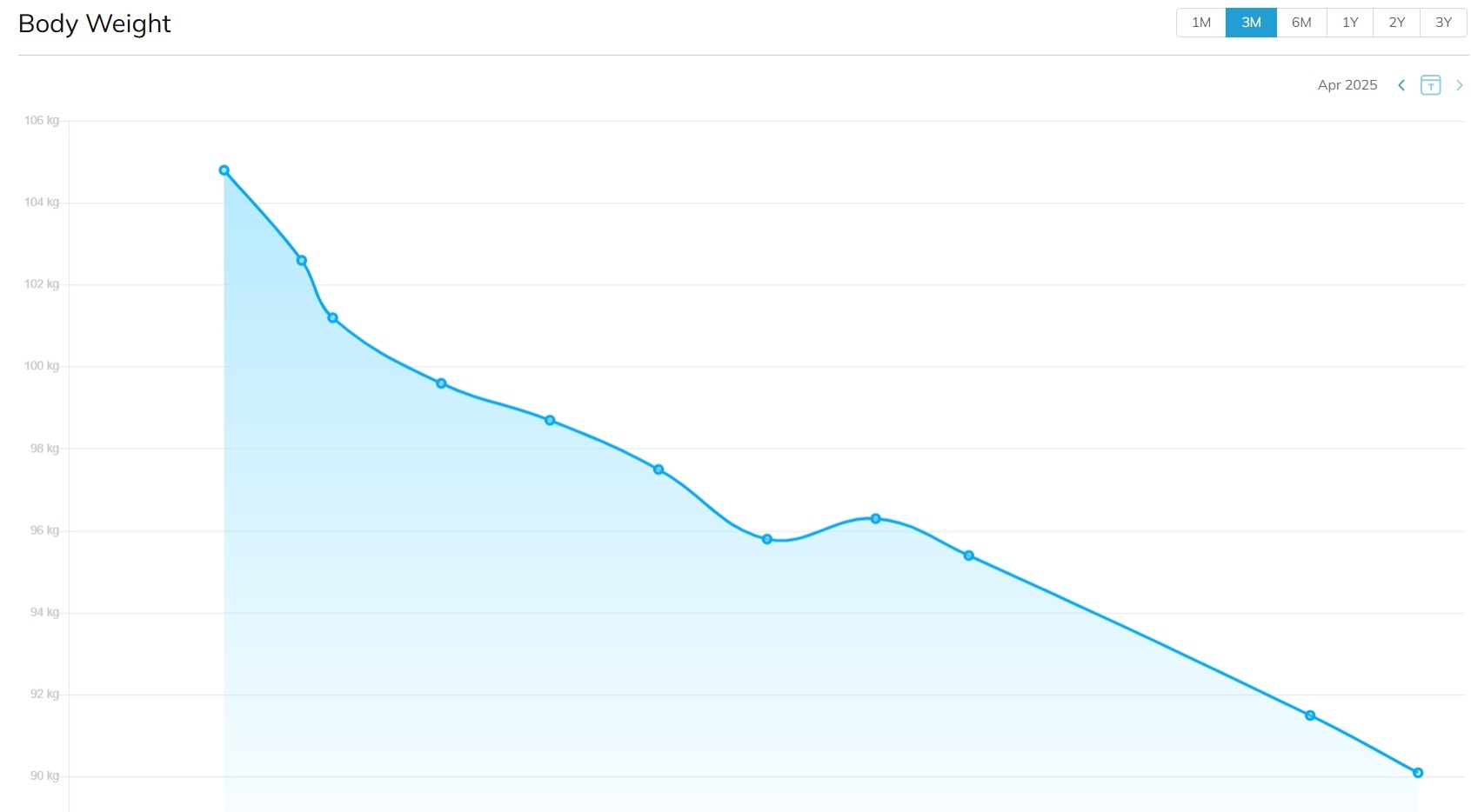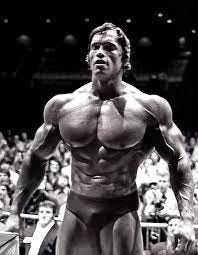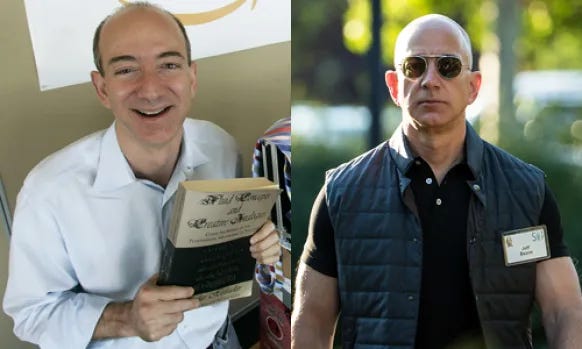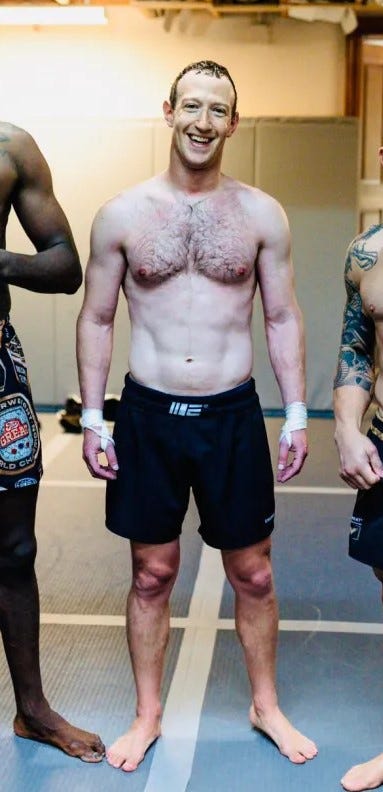
Why you should get Strong
I noticed in my 30 year corporate career that the people (mainly men) who work in leadership roles were often a similar body type. Tallish and what I would generously call slim.
When it came to exercise, many were committed to cardiovascular intense pursuits, especially running and cycling. You will know lots of people at work who have run half and full marathons or completed a gruelling cycling trip.
How many people do you know at work that have competed in a power lifting, strong man or Olympic weightlifting competition? It is probably few if any.
These competitions are at the very committed end of strength training so if you step back and think of all the people you have worked with that looked and were strong how many were there? Not many. However when you think strong you probably think of this.
The fitness industry often confuses being aesthetically muscular and big i.e. bodybuilding with being functionally strong.
They have an overlap, both use resistance training but body building is not functional, it is purely for image. I believe this is why so few people in the corporate world have focused on being strong as the perception from colleagues is there is a vanity involved which is not respected, especially in an inclusivity focused business world where how someone looks is being taken out of the equation, of how successful they can be.
People who are functionally strong are around you, they just slip under the radar as they may not be that big or obviously muscular. They could be into climbing, swimming, horse riding, gymnastics or Jiu Jitsu. They will be very strong but not body builder aesthetically muscular. However there are a few tell tale signs.
-
When you shake their hand (male of female) their grip will feel powerful. Not a try to dominate hand shake like Donal Trump, just a solid physical presence when you shake hands.
-
Strength comes from the posterior chain i.e. the hamstrings, glutes and upper back muscles. So if you see someone with development in those areas they are probably strong.
-
They are focused on eating well and consistently.
-
They are generally disciplined and structured about how they organise their day, so they have time to train.
-
They have a physical presence that other people naturally respect or notice.
At this point you are probably wondering where I’m going with this post and how it relates to longevity.
Well one of the key factors that determines a persons useful health span where they can function independently to live a high quality life, is muscle mass. Muscle mass provides the functional stability and movement of the body. I have covered in post #4 the ageing process of sarcopenia which means everyone starts to lose muscle mass from about age 35. The only way to off set this process is to build functionally useful muscle that makes you stronger.
This is also the decade when most people get the chance for the best promotions and beyond 40 when the highest earning potential is. Few people worry about muscle mass. Which combined with the corporate social cache of doing cardiovascular activity which doesn’t promote muscle development, leads to a lot of again what I generously call skinny people in leadership positions.
Things have changed recently, with greater knowledge about longevity the people at the cutting edge of leadership have adopted being physically strong as a key performance capability.
This is Jeff Bezos and his strength transformation. Notice the difference? Picture on the left is him probably in his late 30s and the one on the right is in his late 50s.
In the last 2 years Mark Zuckerberg has switched from running to Jiu Jitsu which is a strength based sport and he now looks functionally strong.
Michelle Obama is famous for many things but one is her toned arms which she attributes to strength training and kick boxing workouts done consistently throughout her 40s and 50s.
Why should you get strong?
- It will help you live longer. Think of your strength and muscle mass as a house foundation that is constantly eroding. The more concrete (resistance training) you can keep pouring into the foundations the longer the house will stay standing. If you neglect to build this foundation through your 30s, 40s and 50s, sarcopenia will erode your foundations and stop you being useful and enjoy life. In a recent study of people who continued resistance training into their 70s their was a 47% reduction in their all cause mortality. Muscle mass and strength will protect your body from stress and wear which cause debilitating back and joint pain. These conditions will stop you moving as much as you need to, resulting in a higher risk of obesity and cardiovascular disease. Which are the biggest cause of death in the developing world.
- Your useful. You can pick up, move, carry, hold heavy stuff with confidence. You can also protect the people you love. Could you carry your partner or children out of a dangerous situation? My partner is strong, she can deadlift over 130kgs so I know if I ever collapse due to my heart condition she can carry me to safety.
- People respect you. To all the endurance sport people reading this don’t get offended by what I’m about to write. Completing a marathon is not impossible it is just a matter of how long you take to complete it. Being strong is different it is binary you can either move a weight or you can’t. There are no prizes for taking part. Strength is respected as most people know they can’t do what you can do.
- You look better. Having more muscle mass gives both a female and male body a shape, the often quoted physically attractive features: defined shoulders and arms, strong core, developed glutes and legs.
When you think of a super hero what are their common traits? Hard to kill, have a useful super power, people look up to them and they look good in lycra costumes.
So like some of the worlds most successful leaders, get strong and be a super hero.






